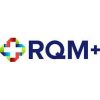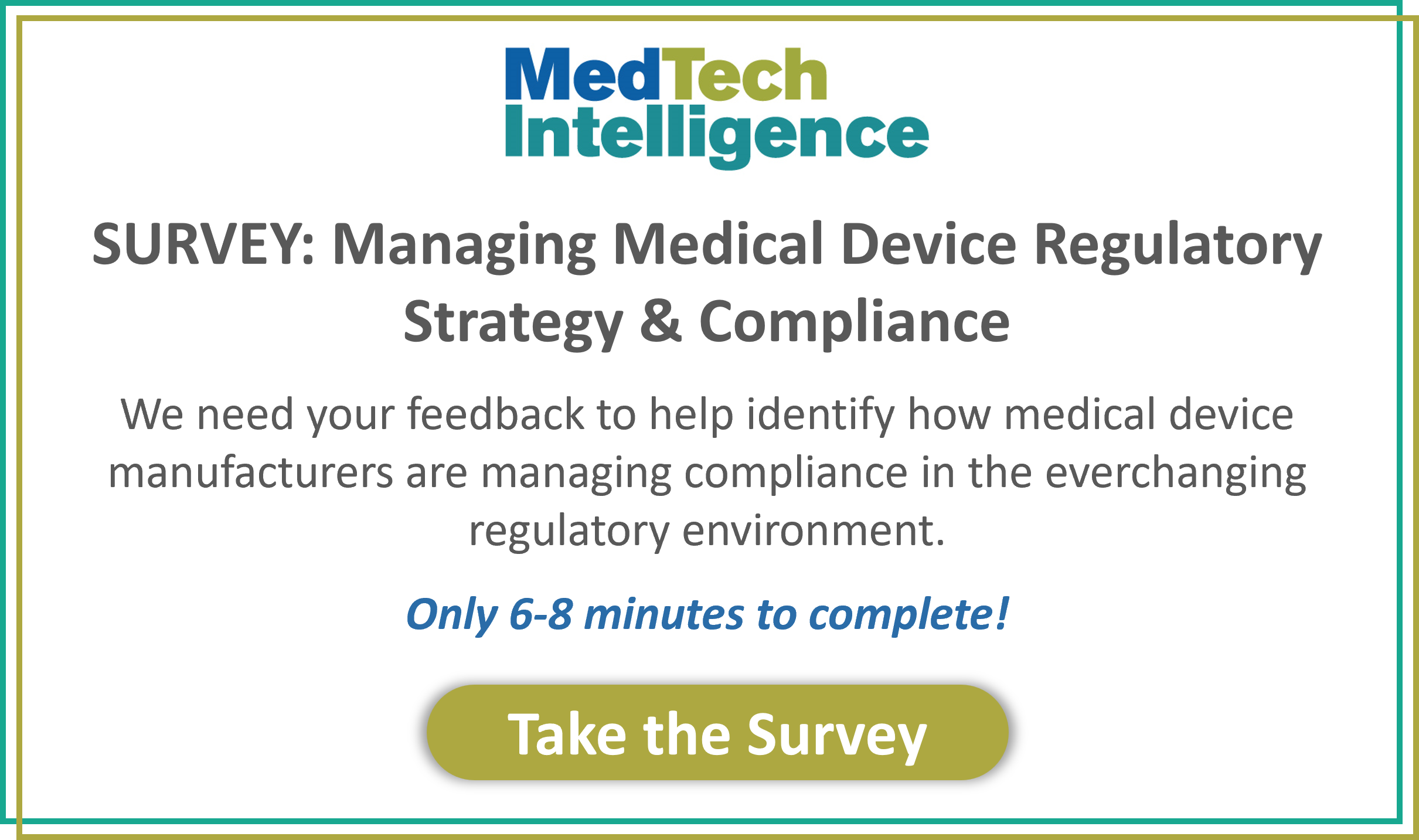As the medical device industry continues to come under stricter regulatory controls and closer scrutiny internationally, the potential of emerging technologies is becoming increasingly attractive to companies looking to sharpen their practices without driving up costs. Yet it is dangerous to assume that emerging options based on artificial intelligence/machine learning (AI/ML) and intelligent workflow automation can be applied without proper investments in and attention to the data such systems will call on. The following key data governance fundamentals are vital if device manufacturers are to use data more intelligently.
Good Data Hygiene Habits
By putting the right data hygiene practices into place, companies can avoid the high costs and delays caused by data remediation exercises. Operationalizing data quality standards, including naming conventions and data standards, data links with related content and data completeness guidelines, will help ensure these are maintained consistently across the globe.
Reward for Desired Outcomes
Recognition inspires good performance and accelerates improvements. Where people have had responsibility for data quality assigned to them as part of their roles, they should be measured for their performance and rewarded for visible improvements.
A Sense of Ownership
Without assigned responsibility for consistent data quality, the integrity and reliability of the information available to automation of regulated processes will be at risk of being compromised. Ideally, appropriate team members should take on the remit, respectively, of quality control analysis (regularly reviewing data for errors, sampling registration data to see how accurate and complete it is); data scientist (working with the data, connecting it with other sources or activities, to enable “big picture” analytics); and chief data officer. This last role will involve being responsible for ensuring that global enterprise information assets have the necessary governance, standards and investments to ensure consistent high quality over time.
Recognized Data Standards
Evolving international regulatory requirements affecting medical device traceability and reporting mean that companies will need to prepare product and manufacturing process information in standard, compliant ways and be able to add and change the data they are capturing over time. To stay ahead of the curve, medical device manufacturers need a sustainable way to keep track of and adapt to what new or updated requirements are on the horizon, locally and internationally. Engaging an external expert may help with this, helping to achieve an optimal balance between Regulatory compliance and the ability to derive strategic internal benefits from enhanced product data quality, consistency and usability.
Formal Continuous Improvement Program
This is about experimenting with and learning from incremental improvements. Consider what metrics are already in place, where performance baselines are required, and what additional performance metrics may be needed. Establishing good governance, and reporting on improvements and net gains and how these were achieved (allocation of resources, changes made, and the resulting impact), will be important, too.
Certainly, greater data discipline will be required in all facets of regulatory process management in future, and if manufacturers wish to harness the latest technology to help them cope with that, they would do well to get their data assets in order sooner rather than later.








